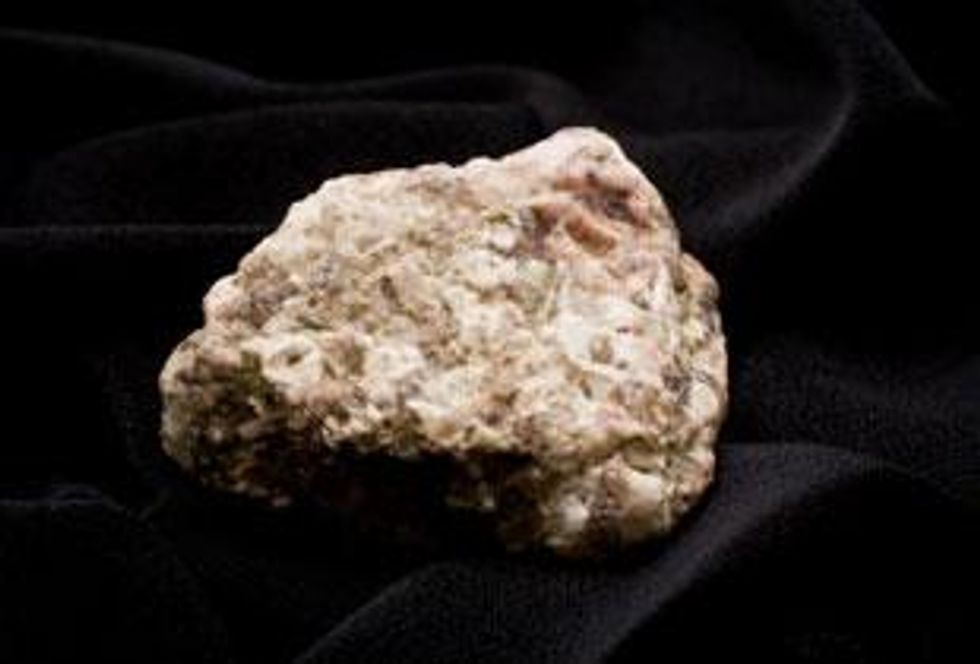India to Reduce Potash Imports after Uralkali Refuses to Cut Prices
India’s fertilizer cooperative major IFFCO said it will reduce potash imports by 35 percent in 2011-12 following Uralkali, Russia’s largest potash miner refusal to lower potash prices.
By Leia Toovey- Exclusive to Potash Investing News
After Russia’s largest potash miner, Uralkali (LSE:URKA), refused to lower potash prices for India, fertilizer cooperative major IFFCO said it will reduce potash imports by 35 percent in 2011-12. IFFCO Managing Director U. S. Awasthi told reporters “the decision to cut imports was taken after considering a dip in domestic consumption of potash and phosphate fertilizer following doubling of local prices.”Faced with steep fertilizer costs, exacerbated by the declining rupee, IFFCO had asked various fertilizer companies to decrease potash prices by US $36 per tonne.
Uralkali declined to lower prices, commenting that in the current climate, with high demand and not enough supplies, there is no reason to cut prices. Even after India, the world’s second largest potash importer, said that it would decrease imports, Uralkali announced that it expects sales to further increase in 2012.
Uralkali expects global potash fertilizer sales in 2012 to grow slightly in the range of 59 million-60 million metric tonnes compared to the expected 58 million tonnes this year. The company sees its own production at between 11.3 million-11.8 million tonnes next year, but may produce up to 12.5 million tonnes if market conditions are favorable, said Vladislav Baumgertner CEO of Uralkali. Baumgertner added that he expects both spot and contract prices staying at the current levels in 2012.
Uralkali reported $3.18 billion in revenue in the last nine-months, up 28 percent compared to last year, which the company attributed to higher prices and increased output. Uralkali became the second-biggest potash producer in the world by capacity when it merged with domestic rival Silvinit earlier this year.
Looking forward, Uralkali is cautiously optimistic. The company sees strong demand from Asia, but has warned that the European market could be affected by ongoing economic uncertainty. “There is a concern that farmers might encounter certain difficulties securing credit facilities for business development,” Uralkali said in a statement. “We believe that the European potash market will remain at the current level until the uncertain European economic situation is resolved.” The company delivered 0.8 million tonnes of potash to European buyers in the first nine months of the year.
This week Belarusian Potash Co. (BPC), the trading venture Uralkali and Belaruskali, announced improving demand from Myanamar. BPC plans to increase potash sales to Myanmar by about 13-fold to 20,000 metric tonnes. In the future, BPC estimates that the country’s demand for potash may rise to 100,000 tonnes according to the Belta newswire.
Uralkali also stated that it did not expect to push through any price increases in the first quarter of next year as buyers remain cautious amid global economic turmoil. “In the short term, market uncertainty is expected to continue, and under such conditions it will be difficult for new prices to be accepted,” said Baumgertner. “There could be a decision in the second quarter with regard to spot prices,” he added.
While India may have made the decision to cut imports, the decision is only a short-term solution. Looking forward, the country’s fertilizer industry is urging a new approach to secure fertilizer supplies at an affordable cost. Manufacturers have asked the Indian government to create a $20 billion sovereign fund to buy overseas assets of the mineral, according to A. Vellayan, Chairman of Fertilizer Association of India (FAI) and group chairman of the Chennai-based Murugappa group.
According to Vellayan, India has to follow the Chinese example of securing long-term supplies for the fertilizer sector. “China has done it and India has to go the same way. Or else we end up paying the $20 billion in subsidies, so it’s better to secure resources,” he told reporters. “Today, there is a possibility of buying a stake in several mines that are in initial stages of operations and are located in three-to four countries spanning Africa, Canada and South America. This will have an impact on prices.” Currently India imports 100 percent of potash and 90 percent of di-ammonium phosphate (DAP).
Securities Disclosure: I, Leia Toovey, hold no equity interests in any company mentioned in this article.
